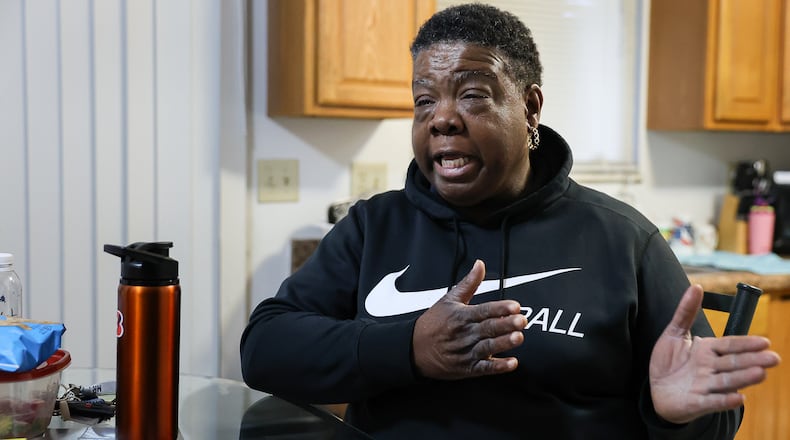Ohio Sen. Jon Husted applauded the bill’s approach to Medicaid.
“The bill would require able-bodied adults who do not have young children to work or volunteer 20 hours per week in exchange for their generous Medicaid benefits,” Husted’s office stated in a press release.
GOP leaders argue that no one who should receive Medicaid will lose their coverage. But the Congressional Budget Office estimates that the Senate-passed version of the bill would result in 11.8 million people losing health insurance over the next 10 years, with the majority of them losing Medicaid coverage.
The Health Policy Institute of Ohio estimates that nearly one in four Ohioans are enrolled in Medicaid. President Amy Rohling McGee said her organization has seen a dramatic increase in access to care across the state, coinciding with Ohio’s Medicaid expansion in 2014.
“Our state has seen multiple improvements in terms of people’s ability to access care when they need it. When they’re sick, when they have an accident or injury, they have a chronic health condition. If they have a mental health or substance use disorder. We’ve seen improvements there,” she said.
The Medicaid program is jointly funded by the federal government and states.
For now, Ohio’s newly passed “trigger” provision — which would eliminate the state’s Medicaid expansion if federal funding for the program were to dip below 90% — will not go into effect with the passage of the federal budget, Rohling McGee said.
Federal lawmakers were debating reducing the federal contribution to states’ Medicaid expansion programs, but that provision did not make it into the final version of the Senate budget proposal.
More than 770,000 Ohioans receive healthcare through the Medicaid expansion, according to HPIO.
“We’re going to have to continue to monitor these changes, do more analysis regarding how these are going to impact our communities,” said Rohling McGee.
Local nurses protesting against the proposed reduction of Medicaid on Tuesday told The Dayton Daily News that they fear any reduction to Medicaid will put families at risk.
Cheryl Walden, the associate director of the National Nurses United Clinical Contacts Office, said the federal budget put “a knot in her stomach.”
“It’s unconscionable,” Walden said. “This is going to affect our veterans, people who get home care. Health care for new moms, babies. Our health care is so out-of-cost for the average citizen, getting a job doesn’t always get you healthcare.”
Janet Michaelis, a former nurse, said that Medicaid expansion in Ohio provided care to many cases that would have previously been uncompensated.
“As an emergency room nurse for over 40 years, you could feel that building and building on the bedside,” she told this news outlet. “And once Medicaid expansion came through, we were able to provide some compensated care for many, many more people.”


